- Home
- slideshows
- miscellaneous
- 13 unforgettable insights from a year reading about relationships, time management, and getting ahead at work
13 unforgettable insights from a year reading about relationships, time management, and getting ahead at work
Minimize the amount of choice in your diet to lose weight

Your boss isn't responsible for (all) your work misery
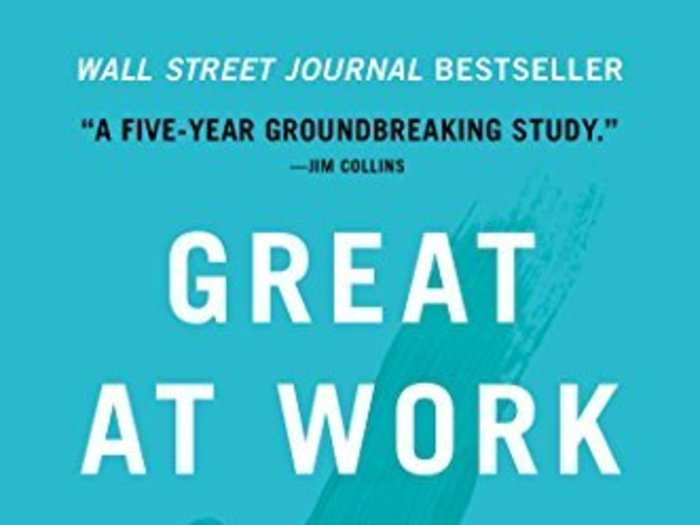
Stop blaming your boss. That's a key takeaway from Morten T. Hansen's "Great at Work."
Hansen is a management professor at University of California, Berkeley; in the book, he describes the results of a five-year study he conducted on employee performance. One such result is that employees who zero in on a few top priorities and focus all their efforts on those tasks perform best.
Needless to say, most people in the study didn't do that. Why? Roughly one-quarter of all employees "blamed their inability to focus on their boss's lack of direction or a broader organizational complexity in their company."
To some extent, they're probably right. But Hansen recommends saying "no" to at least some of the responsibilities your boss assigns you. For example, a junior management consultant in the study told a partner at his firm that he simply couldn't handle another project if the partner wanted excellent work. The partner agreed, and backed off.
Set one priority every day
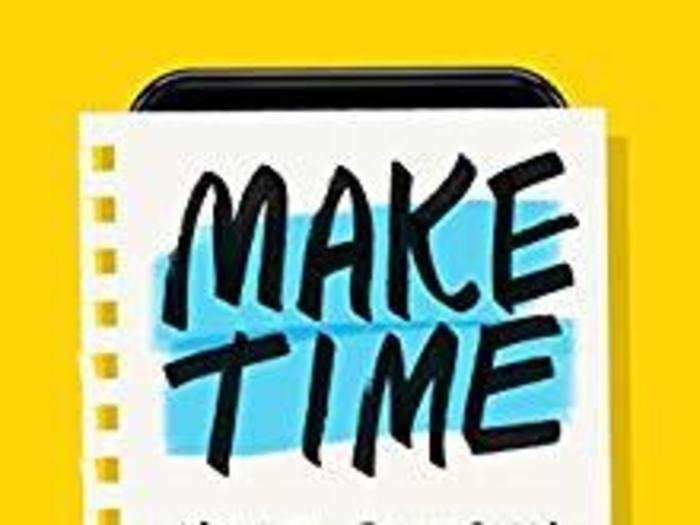
The authors of "Make Time" — former Google employees, one of whom created the company's design sprint process — are proponents of prioritizing, too.
Their strategy starts with establishing a "highlight" every day, as in the most important thing you want to tackle in the next 24 hours. It could be a product update; it could be cooking dinner for your family. You're not only being realistic about how much you can get done, but also minimizing distractions from the really important stuff.
Knapp and Zeratsky share some tips: "Consider what's most meaningful to you, not what is most urgent" and "Think about what needs the most effort or work." To be sure, this is easier said than done. But the main idea is not to start out with 10 highlights and wind up accomplishing nothing of substance.
The key to building better habits is eliminating temptation
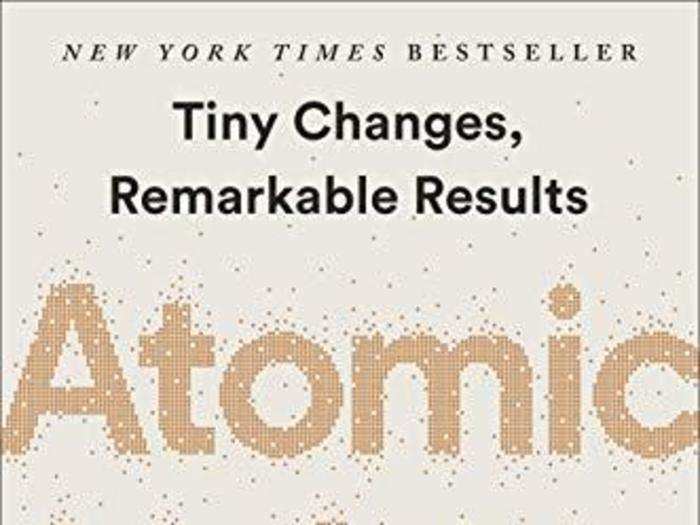
It's not you; it's your environment. In "Atomic Habits," James Clear debunks the idea that the most disciplined people have the strongest willpower.
Instead, he writes: "'Disciplined' people are better at structuring their lives in a way that does not require heroic willpower and self-control. In other words, they spend less time in tempting situations."
For example, if you want to stop mindlessly snacking during the workday, you might take a different route to the office bathroom. That is to say, you can stop feeling bad about yourself and envious of people who eat right and exercise all the time and never waste time on social media. They're just good at tricking themselves.
Approach dating like dieting to have a better shot at finding love
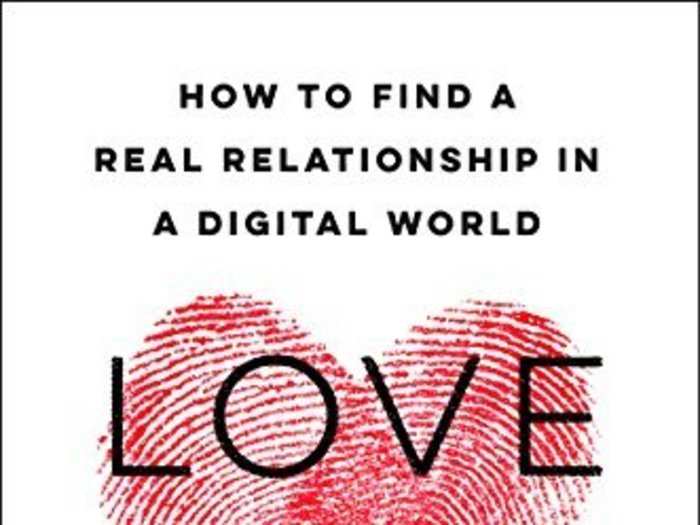
"Love Rules" is premised on the idea that the best way to find love is to approach dating like dieting, which is to say intentionally, methodically, and with the willingness to tweak if something isn't working.
Just as many health experts recommend keeping a food diary, Coles advises keeping a love journal, where you record your current habits and reflect on what it is you really want.
Coles is the former editor of Cosmopolitan and Marie Claire magazines, as well as the former chief content officer of Hearst Magazines.
In "Love Rules," she recommends setting a goal (whether that's finding long-term love or something else) and identifying the obstacles preventing you from getting there. Maybe those obstacles are crunchy and salty; maybe they're texting you to "hang out" at 2 a.m. You can't cut out the waste until you see it clearly.
Trick yourself into finishing a tedious task

Often, the hardest part of working out is simply getting to the gym. That logic applies to tons of other good habits, and explains why we drag our feet about adopting them.
A strategy for overcoming this tendency appears in Chris Bailey's "Hyperfocus": Work on the task, whether it's cleaning out your closet or writing a paper, for at least one minute "with purposeful attention and limited distractions."
Bailey writes that it can take just 40 seconds before we get distracted from the task at hand. But if you pass that threshold, chances are, you'll be inclined to continue, since you've gotten over the starting hump.
What many men say they want in a partner isn't what they actually want

What people say they want in a partner and what they actually want in a partner don't always line up. In "The Love Gap," Jenna Birch outlines one of the more insidious (and frustrating) examples of this phenomenon: Many men say they want women who are smart, driven, ambitious, and accomplished — but when they actually date these women, they hesitate to start a relationship with them.
Through research and interviews, Birch deduces that some men may be made uneasy by such a woman's success, especially if they haven't yet achieved that level of success in their own careers.
One 24-year-old man told Birch explicitly: "Who I want to end up with is different from who I want to be with right now." The man spelled it out: "The girl I want today likes to hang out, drink, is into music, binges on Game of Thrones. The girl I want to end up with has real interests and real hobbies — like running or something constructive. She has a real career. And the other girl, the one I want today, is still working towards a career."
Yes, people are looking at you — but they're not paying attention to what you think

"Cringeworthy" is an exploration of awkwardness — why it happens and how it can (sometimes) work to our benefit. In one chapter, journalist Melissa Dahl introduces us to what psychologists call the "invisibility cloak illusion."
The gist is that we incorrectly assume that other people aren't paying nearly as much attention to us as we are to them. That is to say, while you're bobbing along to music during your morning commute, casually taking note of the fidgety fellow on your right, there's a good chance said fidgety fellow is casually taking note of you and your lack of rhythm.
The point isn't to feel self-conscious whenever you're in public. Instead, as one psychologist wrote in a New York Times op-ed, it's to understand how miscommunication can happen. For example, she writes: "Employees pull their hair out in frustration while bosses obliviously believe their instructions are simple and straightforward."
Most of us secretly like to feel busy
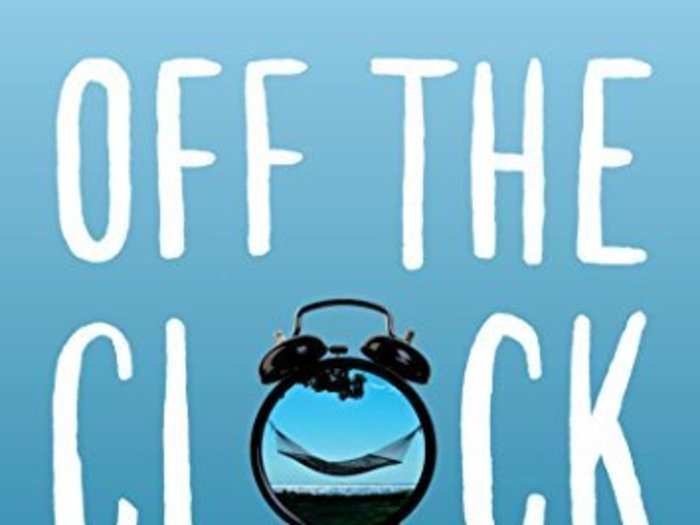
I loved every second of "Off the Clock." But my favorite of Vanderkam's insights is that, as much as we complain about never having enough time, most of us enjoy having a packed schedule.
Vanderkam quotes Jeff Heath, general manager of Matrix Applied Technologies, saying that people like having meetings because it makes them feel busy — and therefore useful.
For her part, Vanderkam surmises that racing from one meeting to the next makes it seem like our energy and attention is in demand. In a single sentence, she breaks that spell: "We are all less important than we think we are. Earth will keep spinning on its axis regardless of how the majority of us spend our time."
Flirting with other people can improve your relationship
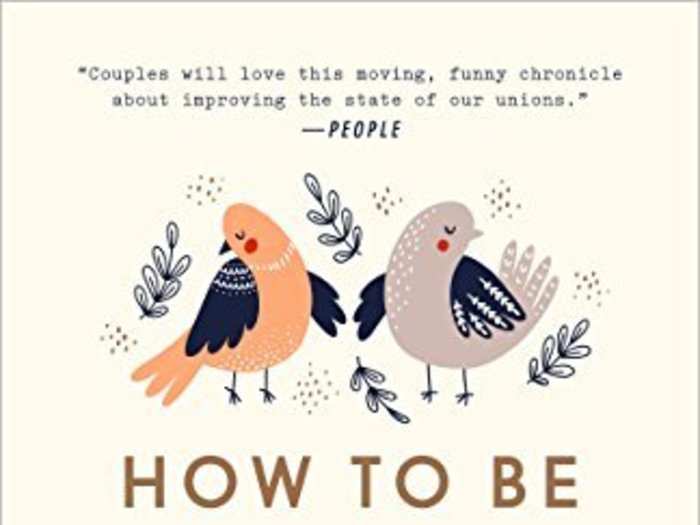
Right after getting married, Jo Piazza traveled the world in search of the best relationship advice she can find, chronicling her adventures in "How to Be Married."
Piazza's visit to France has stuck with me. On that trip, she learned that flirting — with other people, that is — can improve your marriage. "It releases some of the tension," one Frenchwoman said of flirting outside your relationship, "and men think it is sexy to see that another man wants your wife."
After her book was published, Piazza was interviewed on the site Signature Reads and explained what she took away from the French approach to extramarital flirting: "We love jealousy in America, and I think it's nice for your spouse to recognize that other people still find you attractive and interesting. One of the hardest things about marriage is that you're together so often, you sometimes forget that your spouse is attractive and interesting, and it's nice to see that people recognize that."
Saving money is about spending money well

"Kakeibo" is a year-long budgeting journal with a few pages of explanation around how and why to use it. There are no accompanying apps or fancy spreadsheets — all you need is a pen, the journal, and the willingness to introspect.
When you use the kakeibo, Chiba says, you'll learn that "saving money is about spending money well." Instead of emphasizing all the things you can't spend money on, shift the focus to all the things you really value that you can spend money on.
At the end of each month, kakeibo users are prompted to reflect on things like areas where they spent too much money, ways in which they saved money, and changes they're planning to make going forward.
Take time to appreciate what your partner brings to the table
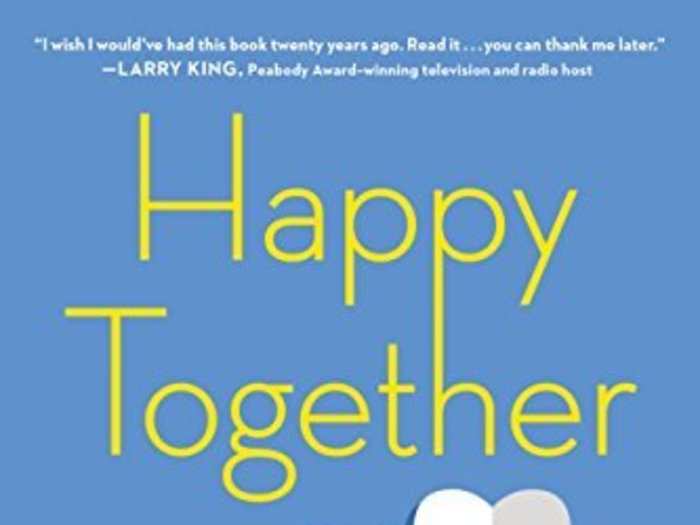
Authors Pileggi Pawelski and Pawelski are a married couple, and they've both studied positive psychology. In "Happy Together," they draw on their academic background as well as their own relationship experience to offer some practical lessons in love.
One exercise they recommend involves telling "strengths stories," or stories about a time when your partner successfully used one of their unique capabilities. You don't have to get too elaborate: Maybe your partner uncovered a hidden-gem cafe in a new neighborhood you visited together, or maybe they whipped up a delicious batch of cookies to bring to your office holiday party.
The goal is not to forget what makes you, your partner, and your relationship special. The authors write: "It can be incredibly powerful to hear your partner tell you a story of you at your best. It can help you feel clearly seen, deeply understood, and profoundly loved."
Your work team isn't a family
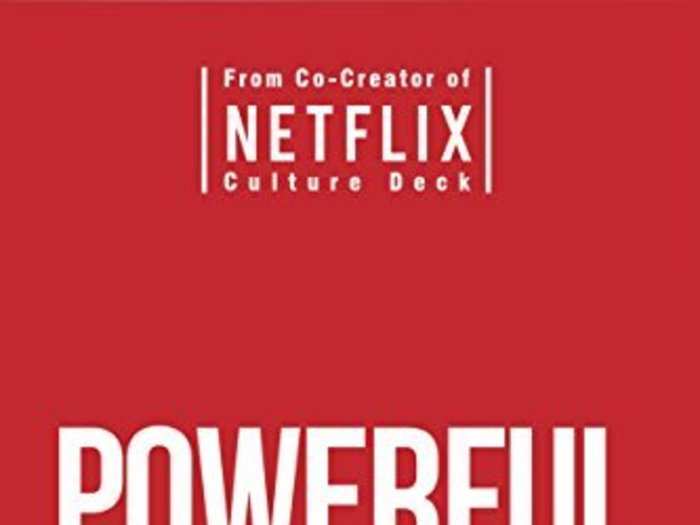
Patty McCord was Netflix's chief talent officer from 1998 to 2012. She and Netflix CEO Reed Hastings created the company's culture deck, which has been viewed millions of times.
In "Powerful," McCord distills the lessons she learned at Netflix and as a consultant into insights any manager can use. What stood out to me as most harsh but most useful is the idea that your coworkers are not your family. If someone's not going to help move the team or the organization forward, the manager has to let that person go.
"You should be wary of expecting a company to take care of your career for you, because that's not their job," McCord told me when I asked about this practice." Their job is to take care of their customers and their clients."
Popular Right Now
Popular Keywords
Advertisement